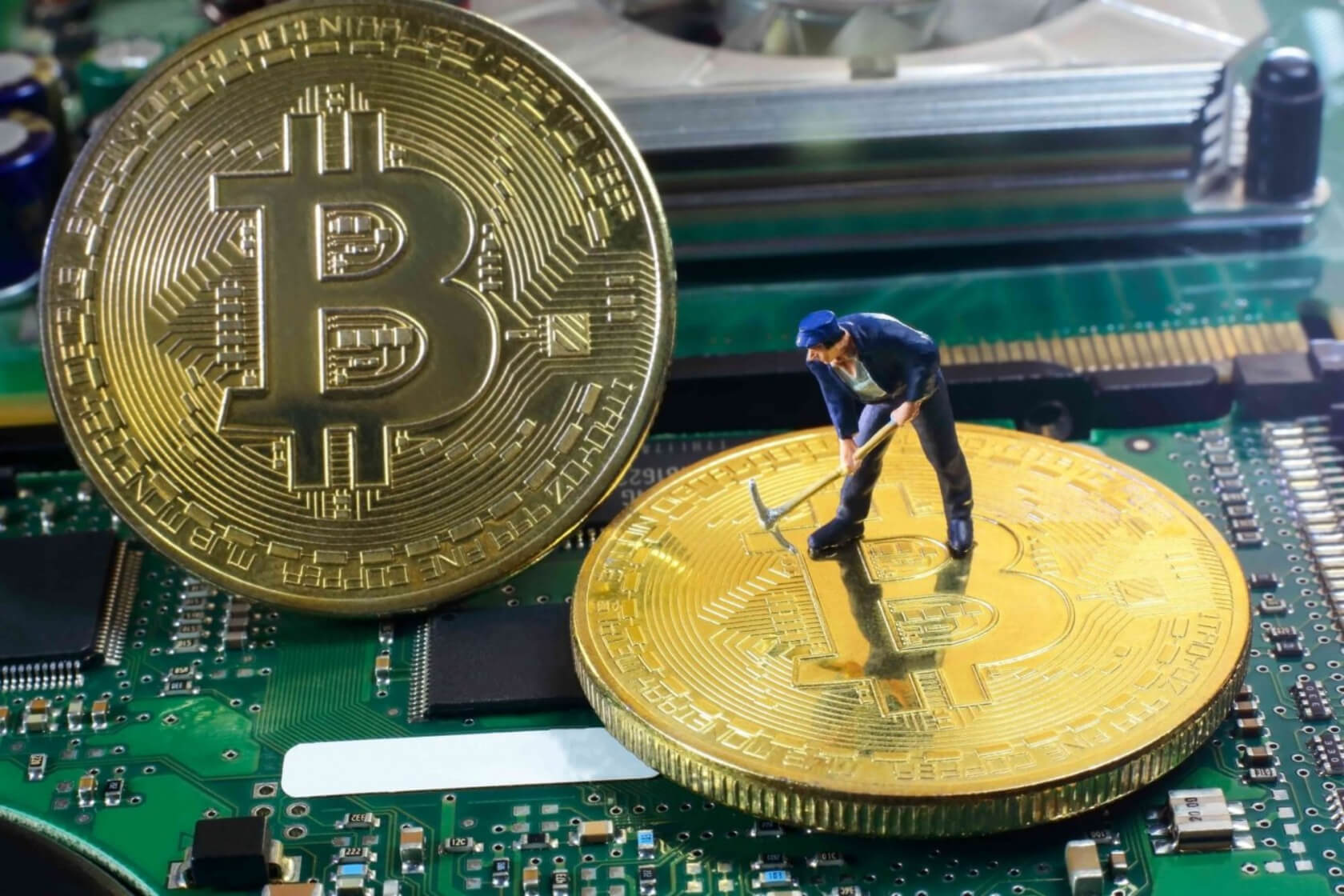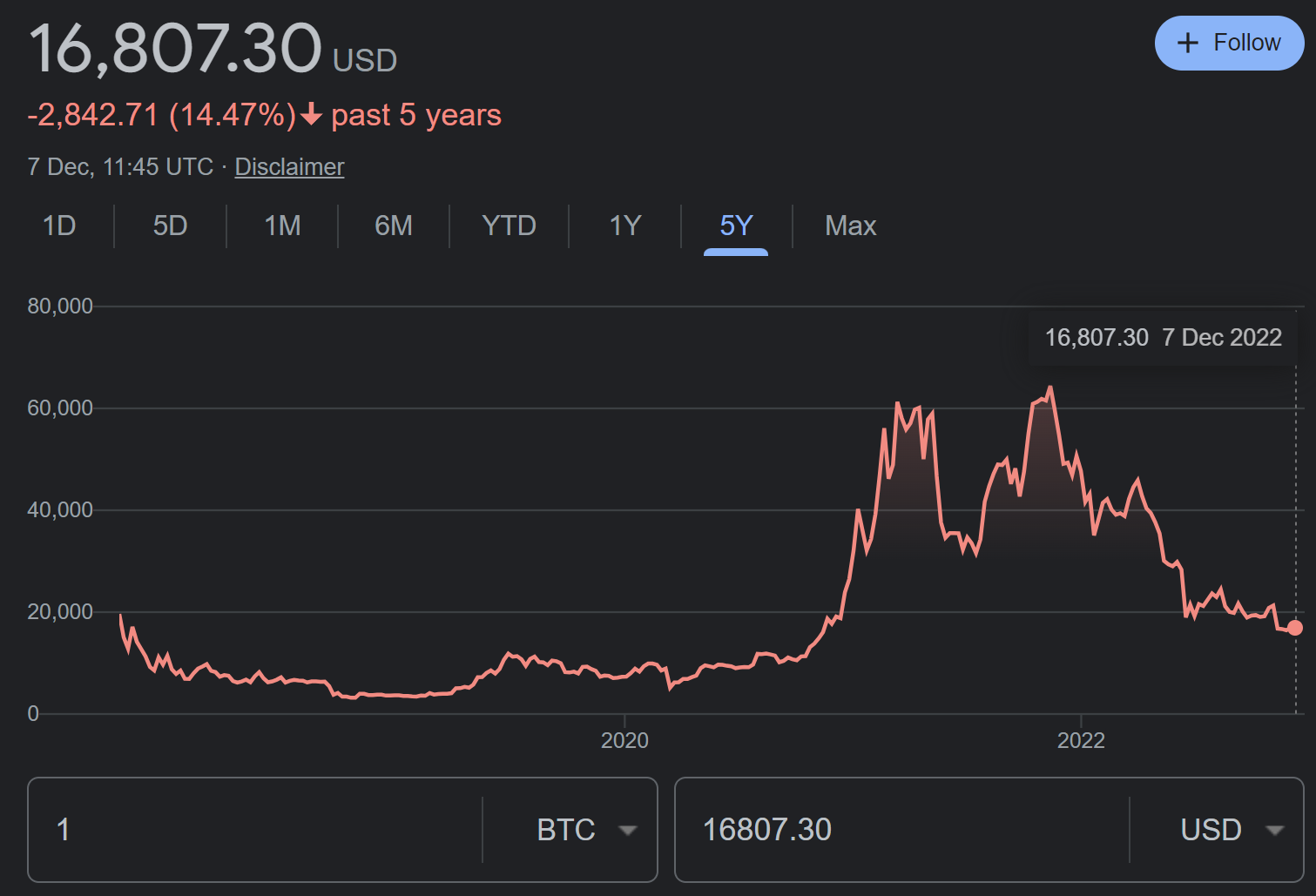In brief: The crypto winter is hitting every person and organization involved in the industry. It's proving to be an especially challenging time for crypto lenders, who are faced with miners unable to pay back the millions of dollars they borrowed so are returning the mining rigs they put up as collateral instead.
Bloomberg reports that during the height of the crypto boom, when Bitcoin was near $69,000 and profit margins were as high as 90%, miners raised as much as $4 billion from mining-equipment financing. Companies were handing out massive loans for rigs and to build mining farms, but as Ethan Vera, chief operations officer at crypto-mining services firm Luxor Technologies, notes, "Miners ended up dictating a lot of the loan terms, so the financiers moved ahead with a lot of the deals where only the machines were collateral."
But things have been on a downward trajectory since then. Following the collapse of TerraUSD and the implosion of FTX, businesses are laying off staff, and Bitcoin is down to around $16,800 at the time of writing. There's also the energy crisis and Ethereum's move from proof-of-work to proof-of-stake.
The market collapse has led to many companies defaulting on their loans. Iris Energy Ltd. said it expects it will be unable to pay back a $108 million loan that it owes the New York Digital Investment Group, most of which is secured against mining rigs. BlockFi, which has already declared bankruptcy, owes the same lender $54 million, while Core Scientific Inc., which has warned of potential bankruptcy, owes it $39 million.
Some firms, including Stronghold Digital Mining, have returned tens of thousands of mining rigs to reduce their debts. The problem for the lenders is that these machines have seen their value decrease by as much as 85% since last November.
This could be the tip of the iceberg. About 75% of the computing power for the entire Bitcoin network comes from private companies that don't have to disclose their rig-backed loans, so more defaults are expected.
Some organizations have decided to stop paying the loans even though they're still able to afford it, as the collateral (i.e., the rigs) can be worth less now than the remaining payments. "It could be an economic decision to walk away from the financing deals," said Vera. "Miners are focused on how to survive the next six months rather than if they need the lender for the next five years."
This week also brought a warning that crypto firms weren't taking seriously the possibility of Bitcoin dropping to $5,000 next year, a price it hasn't seen since early 2020.

